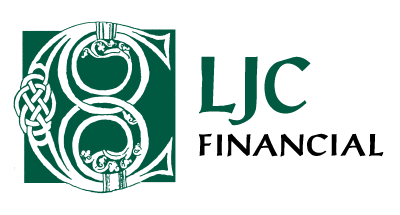Pension Planning
Plan for the kind of retirement you want with a pension plan. Take advantage of employer contributions and tax-deductible employee contributions to help your money go further.
An employee can contribute with a Registered Pension Plan, or your employer can contribute on your behalf. You both get a tax deduction every time money is put into your plan. The money inside of a registered pension plan grows tax-free until it’s withdrawn.
Tax deductible way to save
Your pension plan is an important tool for saving for the future. Your contributions are tax-deductible, so you save even more money by contributing to your plan. When you retire, you’ll use the money you contribute.
A tax-deferred way to invest
You won’t pay any tax on whatever your investment earns until you withdraw the money.
Contributions from your employer
Your employer or sponsor doesn’t just set up a registered pension plan – they also contribute to it—the amount your employer deposits depends on the plan’s terms.
Contributions are made regularly and may be a flat amount or a percentage of your eligible earnings.
How does it work?
The Employer:
The employer sets up a registered pension plan (RPP) and chooses which type of plan to offer. They decide how much they’ll contribute and determine whether you’re required to contribute and whether they’ll match your contributions. They facilitate payroll deductions if necessary.
The Employee:
The employee can contribute to the pension plan through regular payroll deductions. They can increase the contributing amount up to a specific limit. If there is a choice in investment options, they may have input on where their contributions are being invested.
Different types of Pension Plans
There are two types of plans.
The main difference between the two types of plans is that a defined contribution plan relies on how much money you put into it and how well your investments perform. In comparison, a defined benefit plan guarantees you a specific income at retirement.
Defined contribution plans:
Your retirement income depends on how much you and your employer or sponsor contribute to your defined contribution plan and how well your investments perform. You and your employer can both contribute to your plan.
Defined benefit plans:
With a defined benefit plan, your retirement income is based on a pre-set formula, and both you and your employer or sponsor can contribute to it. Your retirement income is set by the plan, not by how much you put in.

